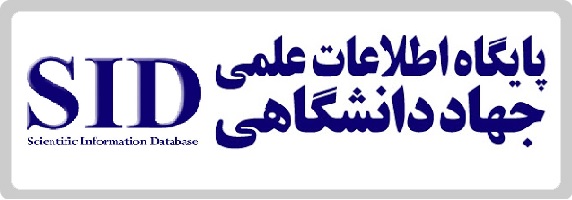Hegel`s Logic: Metaphysical or non-metaphysical interpretation?
Keywords:
Logic, phenomenology, metaphysics, ontology, conceptAbstract
Hegel's logic has been interpreted in different ways so far, generally divided into two types: metaphysical and non-metaphysical encounters. In this article, based on what Hegel himself says about his logic and his intended purpose, we will first try to elucidate Hegel's goal in that part of his philosophical system. Then we will try to explain the interpretative standpoints of two of the most prominent Hegel scholars, namely Robert Pippin and Stephen Houlgate, and elucidate the differences between these two interpretative approaches to find out what is it that separates their approaches toward Hegel`s logic. Finally, relying on Hegel's insistence on systematic thinking, and the relation between the Phenomenology of Spirit and Logic as the first two major parts of his system, we will try to show which interpretive approach can clarify Hegel's philosophical project as a whole better.





